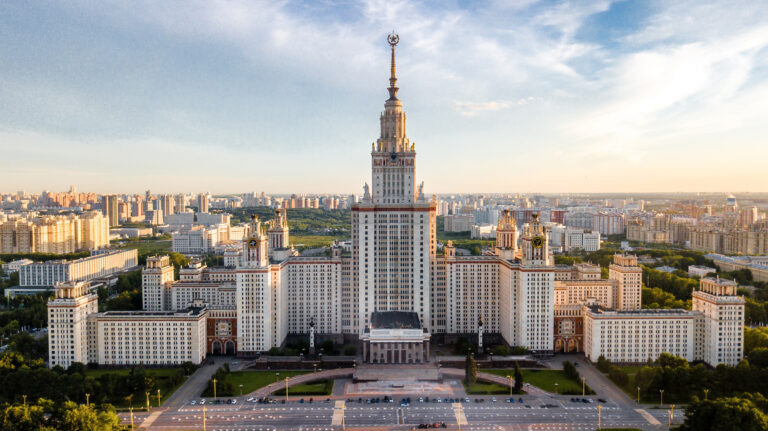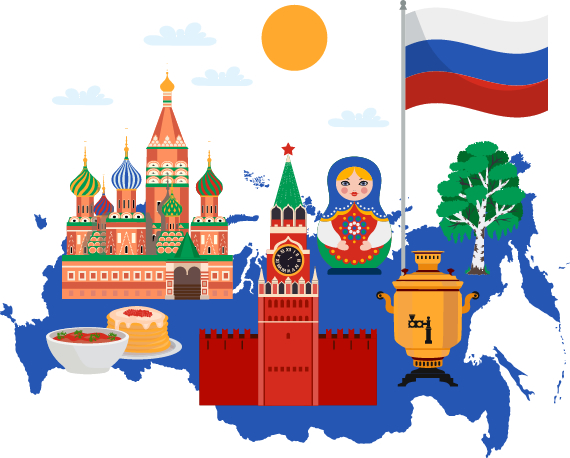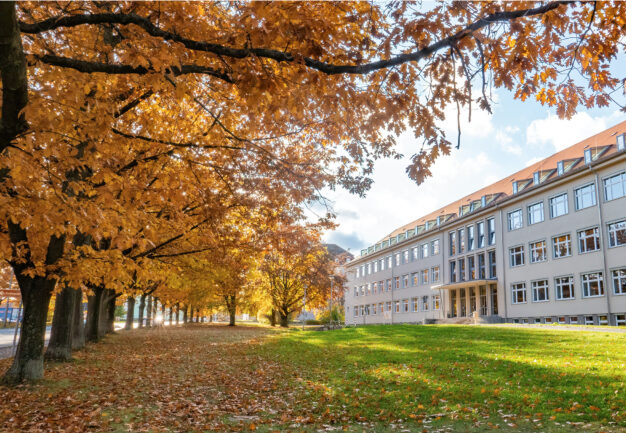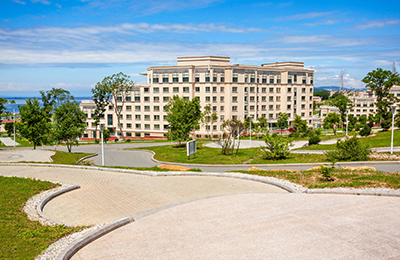Little History
 Russia was formed in 882 as a kingdom of selective cities of western Russia including kiev. That time Kiev was the center of a trade route between Scandinavia and Constantinople, and Kievan Rus. In 989 Vladimir I was the ruler of kingdom who extended to as far south as the Black Sea, the Caucasus Mountains, and the lower reaches of the Volga River. During 1237-1613 Russia was under the influence of Mongol. In 1237 Batu Khan, a grandson of Jenghiz Khan invaded into Kievan Rus. Over the next three years the Mongols destroyed all of the major cities of Kievan Rus' with the exceptions of Novgorod and Pskov. To regain its honor and land in 1480 Grand Duke Ivan III gathered its strength within in Moscow, that time he was strong enough to faceoff with Mongols but it took him almost half of the century to conquer Mongols and to Russia became a unified state. That time Ivan IV grandson of Grand Duke Ivan III. In 1547, he adopted the title of tsar. In 1552 he conquered Kazan and Astrakhan in 1556. In 1613 Michael Romanov was elected as Tsar. The Romanov dynasty to ruled the Russia for 304 years, until the Russian Revolution brought an end to the Tsarist state. Since the of Ivan IV, the Russian Tsars had followed a fairly consistent policy of drawing more political power away from the nobility and into their own hands.
Russia was formed in 882 as a kingdom of selective cities of western Russia including kiev. That time Kiev was the center of a trade route between Scandinavia and Constantinople, and Kievan Rus. In 989 Vladimir I was the ruler of kingdom who extended to as far south as the Black Sea, the Caucasus Mountains, and the lower reaches of the Volga River. During 1237-1613 Russia was under the influence of Mongol. In 1237 Batu Khan, a grandson of Jenghiz Khan invaded into Kievan Rus. Over the next three years the Mongols destroyed all of the major cities of Kievan Rus' with the exceptions of Novgorod and Pskov. To regain its honor and land in 1480 Grand Duke Ivan III gathered its strength within in Moscow, that time he was strong enough to faceoff with Mongols but it took him almost half of the century to conquer Mongols and to Russia became a unified state. That time Ivan IV grandson of Grand Duke Ivan III. In 1547, he adopted the title of tsar. In 1552 he conquered Kazan and Astrakhan in 1556. In 1613 Michael Romanov was elected as Tsar. The Romanov dynasty to ruled the Russia for 304 years, until the Russian Revolution brought an end to the Tsarist state. Since the of Ivan IV, the Russian Tsars had followed a fairly consistent policy of drawing more political power away from the nobility and into their own hands.
 By the 19th century Russia had expanded its territory and its power considerably. Its borders extended to Afghanistan and China, and it had acquired extensive territory on the Pacific coast. The foundation of the port cities of Vladivostok and Port Arthur there had opened up profitable avenues for commerce, and the construction of the Trans-Siberian Railway to link the European Russia with its new eastern territories. In 1894 Nicholas II acceded to the throne. In January of 1905, the Japanese attacked, and Russia experienced a series of defeats that dissolved the tenuous support held by Nicholas. Nicholas was forced to grant concessions to the reformers, including most notably a constitution and a parliament, or Duma. The power of the reform movement was founded on a new and powerful force that entered Russian politics. The industrialization of the major western cities and the development of the Batu oil fields had brought together large concentrations of Russian workers, and they soon began to organize into local political councils, or soviets. It was in large part the power of the soviets, united under the Social Democratic party, that had forced Nicholas to accept reforms in 1905. In 1912, the Social Democrats split into two camps-the radical Bolsheviks and the comparatively moderate Menshiviks. by 1920 the Bolsheviks were the of soviet Russia.
By the 19th century Russia had expanded its territory and its power considerably. Its borders extended to Afghanistan and China, and it had acquired extensive territory on the Pacific coast. The foundation of the port cities of Vladivostok and Port Arthur there had opened up profitable avenues for commerce, and the construction of the Trans-Siberian Railway to link the European Russia with its new eastern territories. In 1894 Nicholas II acceded to the throne. In January of 1905, the Japanese attacked, and Russia experienced a series of defeats that dissolved the tenuous support held by Nicholas. Nicholas was forced to grant concessions to the reformers, including most notably a constitution and a parliament, or Duma. The power of the reform movement was founded on a new and powerful force that entered Russian politics. The industrialization of the major western cities and the development of the Batu oil fields had brought together large concentrations of Russian workers, and they soon began to organize into local political councils, or soviets. It was in large part the power of the soviets, united under the Social Democratic party, that had forced Nicholas to accept reforms in 1905. In 1912, the Social Democrats split into two camps-the radical Bolsheviks and the comparatively moderate Menshiviks. by 1920 the Bolsheviks were the of soviet Russia.
The first few years of Soviet rule were marked by an extraordinary outburst of social and cultural change. Although the Bolsheviks had maintained complete control of the economy during the civil war but by the end of the 1930s, the Soviet Union had become a country in which life was more strictly regulated than ever before. With the outbreak of the Second World War, the Soviet Union found itself unprepared for the conflict. In june 1941 the German army invaded into Soviet Russia by seizing most of the Soviet territory in the west, surrounded St. Petersburg and within a few hundred miles of Moscow. In 1942 the Germans launched a new invasion against the southern front in an attempt to gain control of the rail center of Stalingrad on the Volga and the vital Caucasus oil fields. Despite an overwhelming disadvantage in numbers and inferior weaponry, the Russian army succeeded in holding out against the enormous German army. In November, a relieving force managed to encircle the attackers and compel the surrender of the entire force, marking a decisive turning point in the war. From that point onward, the Russian army remained on the attack. By 1944 they had driven the Germans back to Poland, and on May 2, 1945, wall of Berlin was fallen.
In 1990 Russian Repeblic ended the soviet era and declared its independence.

 Russia was formed in 882 as a kingdom of selective cities of western Russia including kiev. That time Kiev was the center of a trade route between Scandinavia and Constantinople, and Kievan Rus. In 989 Vladimir I was the ruler of kingdom who extended to as far south as the Black Sea, the Caucasus Mountains, and the lower reaches of the Volga River. During 1237-1613 Russia was under the influence of Mongol. In 1237 Batu Khan, a grandson of Jenghiz Khan invaded into Kievan Rus. Over the next three years the Mongols destroyed all of the major cities of Kievan Rus' with the exceptions of Novgorod and Pskov. To regain its honor and land in 1480 Grand Duke Ivan III gathered its strength within in Moscow, that time he was strong enough to faceoff with Mongols but it took him almost half of the century to conquer Mongols and to Russia became a unified state. That time Ivan IV grandson of Grand Duke Ivan III. In 1547, he adopted the title of tsar. In 1552 he conquered Kazan and Astrakhan in 1556. In 1613 Michael Romanov was elected as Tsar. The Romanov dynasty to ruled the Russia for 304 years, until the Russian Revolution brought an end to the Tsarist state. Since the of Ivan IV, the Russian Tsars had followed a fairly consistent policy of drawing more political power away from the nobility and into their own hands.
Russia was formed in 882 as a kingdom of selective cities of western Russia including kiev. That time Kiev was the center of a trade route between Scandinavia and Constantinople, and Kievan Rus. In 989 Vladimir I was the ruler of kingdom who extended to as far south as the Black Sea, the Caucasus Mountains, and the lower reaches of the Volga River. During 1237-1613 Russia was under the influence of Mongol. In 1237 Batu Khan, a grandson of Jenghiz Khan invaded into Kievan Rus. Over the next three years the Mongols destroyed all of the major cities of Kievan Rus' with the exceptions of Novgorod and Pskov. To regain its honor and land in 1480 Grand Duke Ivan III gathered its strength within in Moscow, that time he was strong enough to faceoff with Mongols but it took him almost half of the century to conquer Mongols and to Russia became a unified state. That time Ivan IV grandson of Grand Duke Ivan III. In 1547, he adopted the title of tsar. In 1552 he conquered Kazan and Astrakhan in 1556. In 1613 Michael Romanov was elected as Tsar. The Romanov dynasty to ruled the Russia for 304 years, until the Russian Revolution brought an end to the Tsarist state. Since the of Ivan IV, the Russian Tsars had followed a fairly consistent policy of drawing more political power away from the nobility and into their own hands. By the 19th century Russia had expanded its territory and its power considerably. Its borders extended to Afghanistan and China, and it had acquired extensive territory on the Pacific coast. The foundation of the port cities of Vladivostok and Port Arthur there had opened up profitable avenues for commerce, and the construction of the Trans-Siberian Railway to link the European Russia with its new eastern territories. In 1894 Nicholas II acceded to the throne. In January of 1905, the Japanese attacked, and Russia experienced a series of defeats that dissolved the tenuous support held by Nicholas. Nicholas was forced to grant concessions to the reformers, including most notably a constitution and a parliament, or Duma. The power of the reform movement was founded on a new and powerful force that entered Russian politics. The industrialization of the major western cities and the development of the Batu oil fields had brought together large concentrations of Russian workers, and they soon began to organize into local political councils, or soviets. It was in large part the power of the soviets, united under the Social Democratic party, that had forced Nicholas to accept reforms in 1905. In 1912, the Social Democrats split into two camps-the radical Bolsheviks and the comparatively moderate Menshiviks. by 1920 the Bolsheviks were the of soviet Russia.
By the 19th century Russia had expanded its territory and its power considerably. Its borders extended to Afghanistan and China, and it had acquired extensive territory on the Pacific coast. The foundation of the port cities of Vladivostok and Port Arthur there had opened up profitable avenues for commerce, and the construction of the Trans-Siberian Railway to link the European Russia with its new eastern territories. In 1894 Nicholas II acceded to the throne. In January of 1905, the Japanese attacked, and Russia experienced a series of defeats that dissolved the tenuous support held by Nicholas. Nicholas was forced to grant concessions to the reformers, including most notably a constitution and a parliament, or Duma. The power of the reform movement was founded on a new and powerful force that entered Russian politics. The industrialization of the major western cities and the development of the Batu oil fields had brought together large concentrations of Russian workers, and they soon began to organize into local political councils, or soviets. It was in large part the power of the soviets, united under the Social Democratic party, that had forced Nicholas to accept reforms in 1905. In 1912, the Social Democrats split into two camps-the radical Bolsheviks and the comparatively moderate Menshiviks. by 1920 the Bolsheviks were the of soviet Russia.






